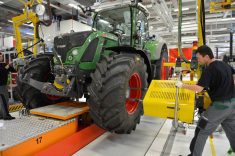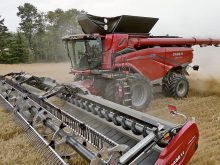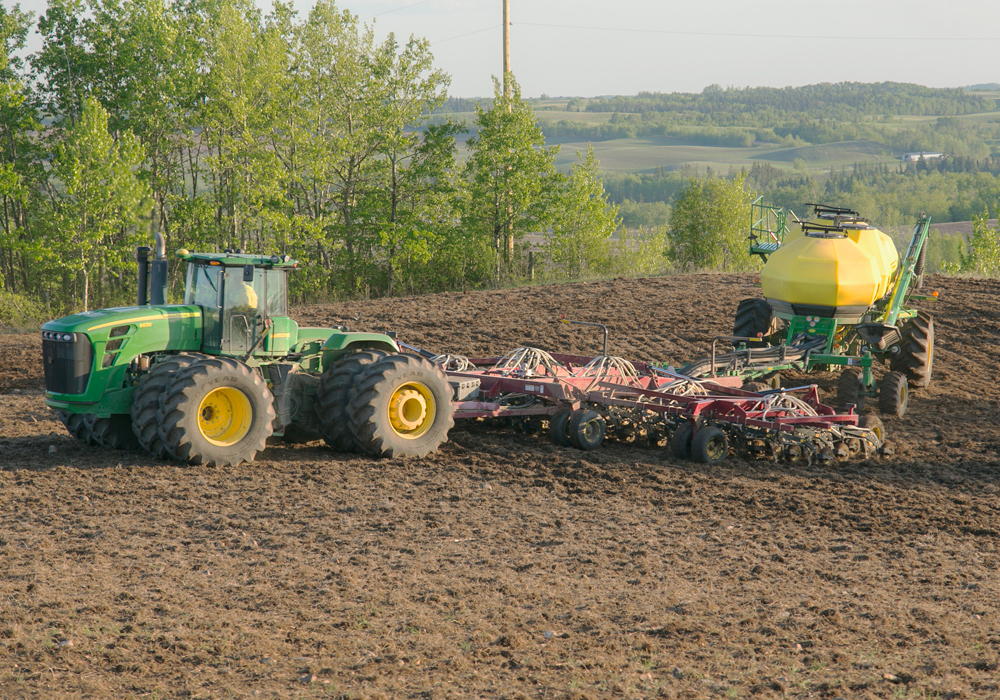Farmers betting that fertilizer prices will drop as they head into spring seeding are making a bet with bad odds, said a leading American fertilizer analyst.
Dealers do not have big stockpiles and normal seeding and application rates will see some supplies drop sharply.
“I would be surprised if there was not some price increase going into spring,” said David Asbridge of NPK Fertilizer Advisory Services of Chesterfield, Missouri.
“(Farmers who need fertilizer) should be going ahead and locking in some prices.”
Read Also

Land crash warning rejected
A technical analyst believes that Saskatchewan land values could be due for a correction, but land owners and FCC say supply/demand fundamentals drive land prices – not mathematical models
Asbridge said Canadian farmers face a lower chance of fertilizer prices rising than American farmers. U.S. fertilizer dealers were badly ravaged by having to buy fertilizer supplies when prices were high in 2008 and then taking losses when prices collapsed.
Now they are only buying hand-to-mouth from manufacturers and have low inventories going into spring, Asbridge said.
If a normal seeding season occurs, with lots of time for American farmers to apply all the fertilizer they want, some dealers could run short and prices could quickly rise.
Many farmers slashed phosphate fertilizer applications in the past two years because of high prices and economic uncertainty, but that deficit will need to be fixed.
However, a bad spring that prevents farmers from maximizing their fertilizer application would weaken prices as stocks stay higher.
Asbridge said farmers should not have to endure a recurrence of the 2007-08 fertilizer price spike any time soon.
“That was a very severe anomaly,” said Asbridge.
Prices now are near the long-term trend line of growth.
Over the long term, Asbridge expects fertilizer prices to gradually rise as crop production increases and demand grows.
Lowe Farm, Man., farmer Butch Harder disagreed that rising fertilizer prices are positive.
“It isn’t good for farmers and the rest of the industry,” he said.
Asbridge said profitable prices are necessary to justify companies spending up to $1.5 billion on new manufacturing plants. As long as crop prices stay firm, fertilizer prices won’t hurt farmers.
“That’s going to allow the farmer to afford the opportunity to pay more for fertilizer,” he said.

















